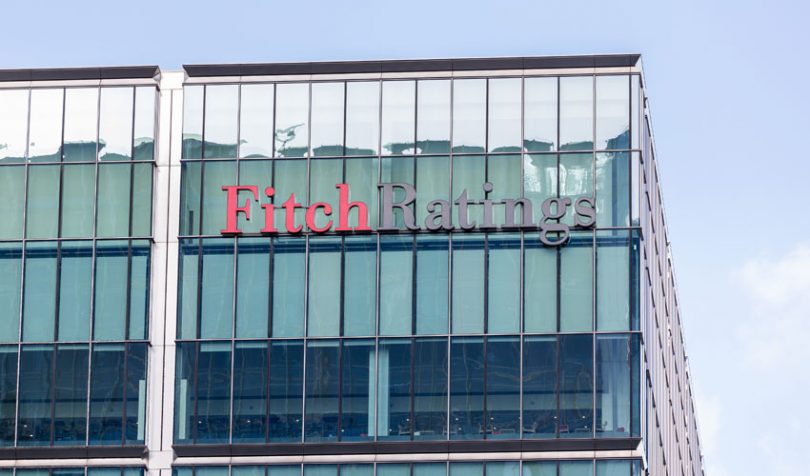A report by Fitch Ratings observed that the use of blockchain for securitizations in China was faster than other parts of the world, with multiple platforms being developed independently. Fitch notes that for now, blockchain is only used for certain aspects of securitization transactions instead of an end-to-end solution. It expects that to evolve as the technology, laws and regulations develop.
At least eight asset-backed security transactions in China reported using blockchain for parts of the securitization process. All the transactions were privately placed, barring one by state-owned Bank of Communications (BoCom), which involved an RMB9.3 billion ($1.3 billion) residential mortgage-backed security transaction. It used BoCom’s proprietary Jucai Chain, and in this case, details of the underlying mortgages and payments are logged on the chain giving investors a transparent view.
Fitch says the problem with rating such transactions is that most securitizations in China are privately placed and use a permissioned blockchain. In a previous paper, the firm outlined advantages in the use of blockchain for securitization to improve transparency and execution time. However, it acknowledged that it would take a few years for an end-to-end adoption of the technology.
Blockchain has made inroads on the liability side as the benefits are easier to realize compared to the asset side. Fitch believes it will likely be costly and take more time for originators and servicers to shift to a blockchain system.
There are several examples of blockchain for securitization. Last year, China’s Zheshang Bank used its proprietary accounts receivable blockchain to issue a loan note for $68 million backed by trade receivables. In this case, the underlying assets were also blockchain-based.
Spanish bank BBVA was granted a €60 million synthetic guarantee by the European Investment Bank Group to finance up to €360 million new investment projects for Spanish SMEs in a “synthetic securitization”. Jobs portal Indeed and Glassdoor owner Recruit has an investment in Figure’s Provenance blockchain, which is used to buy and sell mortgage loans and securitization.
Fitch is not the only ratings firm batting for blockchain in securitization. A few months ago, Moody’s published a blockchain standards report which discussed the benefit for securitizations.






